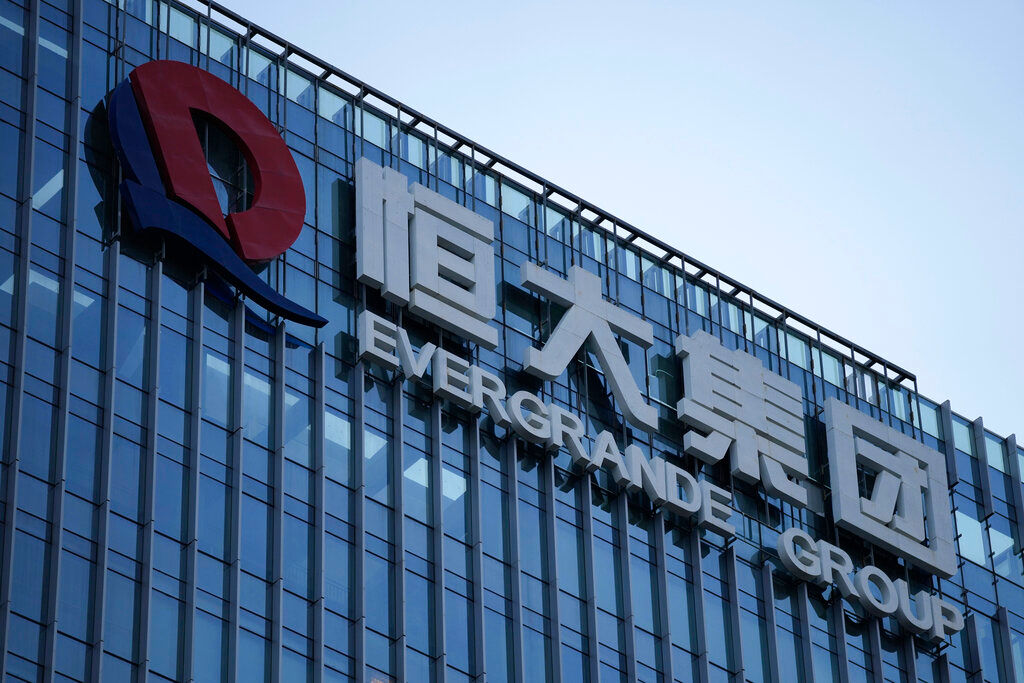China’s Evergrande Group is once again on the verge of default, with negative statements from the property developer heightening the anticipation of direct state participation and a controlled debt restructuring.
Evergrande, which has made three 11th-hour coupon payments in the last two months, will face the end of a 30-day grace period on Monday, with dues this time totaling $82.5 million.
Also Read| China could overtake US capabilities by 2030, space force general warns
However, a late-Friday announcement stating that creditors had sought $260 million and that it could not guarantee enough funds for coupon payback caused regulators to call its chairman – and wiped an eighth of its stock’s market value on Monday.
Evergrande was once China’s top-selling developer, but it is now saddled with more than $300 billion in liabilities, raising the prospects of a collapse that would reverberate across the property market and beyond.
Also Read| Ahead of Biden’s summit, China’s communists slam US democracy
Friday’s comment was followed by one from Guangdong officials, who said they would send a working group to Evergrande at the developer’s request to supervise risk management, tighten internal controls, and sustain operations.
The central bank, and banking, insurance, and securities regulators all issued comments indicating that the danger to the larger real estate industry could be minimized.
Also Read| ATP faces backlash for being soft on China in Peng Shuai controversy
According to the People’s Bank of China, the short-term risk from a single real estate business will not jeopardize market funding in the medium or long term, and housing sales, land acquisition, and financing have “already returned to normal in China”.
Evergrande’s November 2022 bond – one of two bonds that could go into default on non-payment on Monday – was trading on Monday at the distressed price of 20.787 cents on the dollar, compared with 20.083 cents at the end of Friday. Its share price dropped more than 12% to HK$1.98 ($0.2540), the lowest since May 2010.







